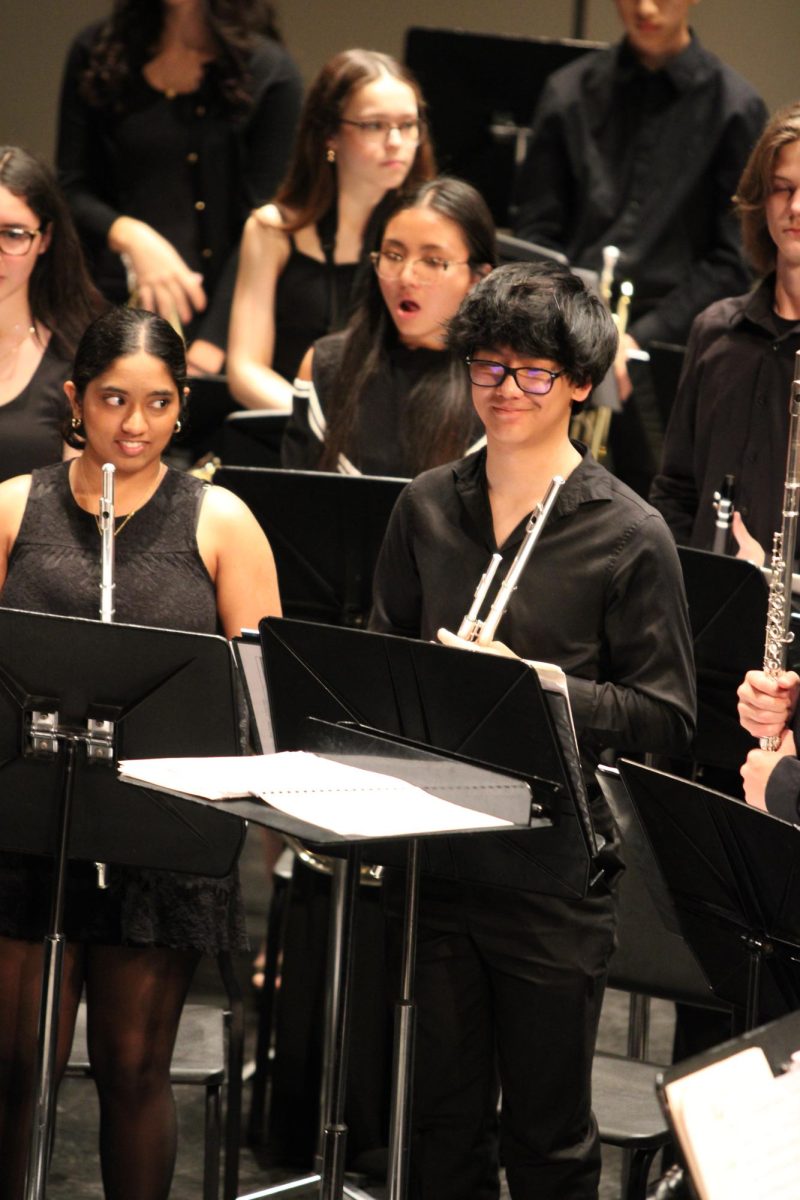A new tardy policy is being enforced this year.
According to the student handbook, “students that arrive late to first period will receive three warnings before a detention and periods 2-10 will be combined.”
Anything over three warnings results in disciplinary action. “Tardies four, five, and six are all detentions. Tardies seven, eight, and nine are all Saturdays,” said Mr. Steve Edsey, dean of students.
The administration made this change in an effort to reduce the number of first period tardies and for students to “take full advantage of the 50 minutes of instructional class time.” “When we looked at the data, tardies during the day went down significantly, but first period kept steadily rising, so consequently, we started assigning disciplinary action earlier in the process. By more readily addressing first period more quickly, the patterns [for tardiness] won’t develop as quickly,” Edsey said.
This new policy has taken many students by surprise. Cokie Varin, junior, was unaware of the change in policy until she received a detention. “I thought that it was the same as last year with seven tardies, so I wasn’t worried about my fourth time being late,” Varin said.
Devon Chenelle, junior, who received a detention for his fourth tardy, feels that the new policy is unnecessary. “I feel like the classroom attendance policy is hugely overdone because the school performs up to very high academic standards, so having super strict [policies] doesn’t really serve a purpose because clearly our school isn’t struggling in discipline,” Chenelle said.
Students were notified of the policy through the student handbook. “Everyone is responsible to read [the handbook] because everyone signs off saying they did. If you sign off that you read, then you are responsible for its contents. No one can claim ignorance because they signed off that they read it,” Edsey said.
Despite students’ disapproval, Edsey believes that the new regulations have led to improvement. “There is a huge drop off between all the warnings and the first consequence. Kids don’t want to serve these things,” Edsey said.













